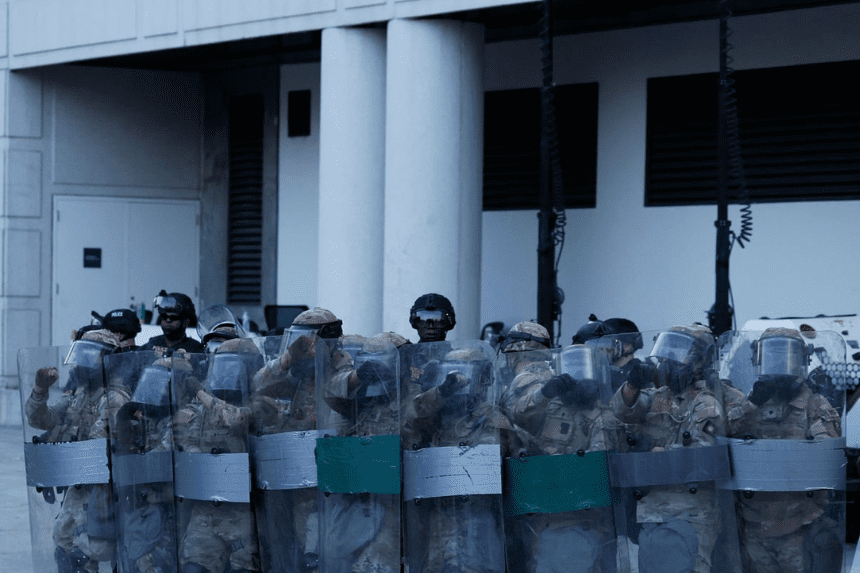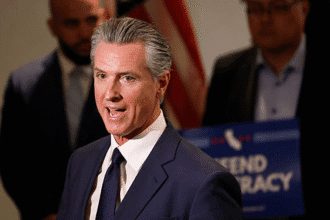A federal judge has temporarily halted the Trump administration’s plan to send National Guard troops from California and Texas to Portland, Oregon. The court ruling follows a previous decision that blocked Oregon’s own National Guard deployment to the city. Portland, led by a Democratic local government, has become a focus for federal troop deployments aimed at addressing crime and protests related to immigration enforcement. This ruling highlights ongoing legal and political tensions surrounding the use of military forces in domestic civil matters.
Why Did the Judge Block the Trump National Guard Deployment?
The judge ruled there is no current evidence justifying the need for federalized National Guard troops in Portland. The court expressed concern about the use of military forces without state consent, emphasizing the potential violation of state sovereignty. This decision prevents the administration from bypassing previous rulings that stopped the deployment of Oregon’s National Guard. Read another article on Trump’s marijuana legalization
How Does This Affect Troop Deployments in Other States?
While the Portland deployment is paused, troops from Texas and other states have been authorized for similar missions in cities like Chicago. However, these moves have faced criticism from local officials who argue that such deployments escalate tensions and infringe on state rights.
What Are the Arguments From State Governors?
Illinois Governor JB Pritzker condemned the deployments as unauthorized invasions, urging cooperation from Texas officials to resist participation. Texas Governor Greg Abbott supported the federal decisions, citing the need to protect federal personnel. This disagreement highlights the political divide over federal troop use in state jurisdictions.
What Legal Challenges Has the Trump Administration Faced?
The deployment to Portland and other cities has faced legal setbacks. Courts have ruled that some deployments violate federal laws restricting military involvement in domestic issues. These rulings reinforce limits on the federal government’s power to send National Guard troops without state approval.
What Is the Broader Context of National Guard Deployments?
National Guard forces typically serve under state authority but can be federalized for emergencies. The Trump administration’s use of these troops to address protests and immigration enforcement is unusual and controversial. It raises questions about federal versus state authority in managing civil unrest.
Final Thoughts
The Trump National Guard deployment blockade in Portland underscores the legal and political challenges of federal troop use in domestic affairs. As the administration appeals, this issue will remain a key point in debates over state sovereignty and federal authority. The ruling also sets a precedent affecting future Trump National Guard deployment decisions in other cities. For now, the balance between security and civil liberties continues to be fiercely contested around the country.







